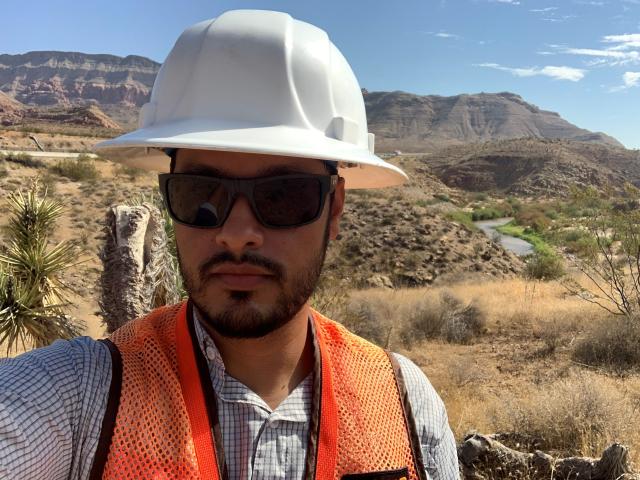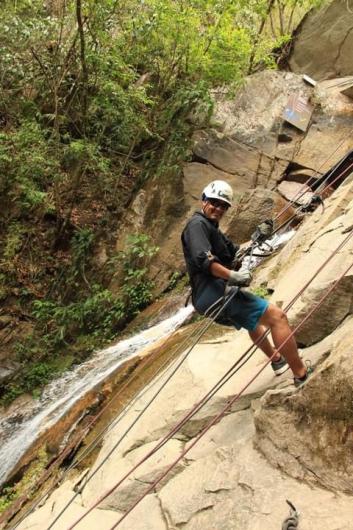Related Stories
- A day on patrol with BLM Arizona Ranger Rocco Jackson
- Long-term partnership between BLM Fire and United States Air Force builds national firefighting capacity and accomplishes critical fuels work
- Celebrating volunteers across the Colorado River District
- Overcoming challenges to move the BLM forward: Nikki Haskett
- BLM recreation sites available to all: Exploring accessibility on Arizona’s public lands
Office
One North Central Ave., Suite 800
Phoenix, AZ 85004-4427
United States
Phone:
Email:


